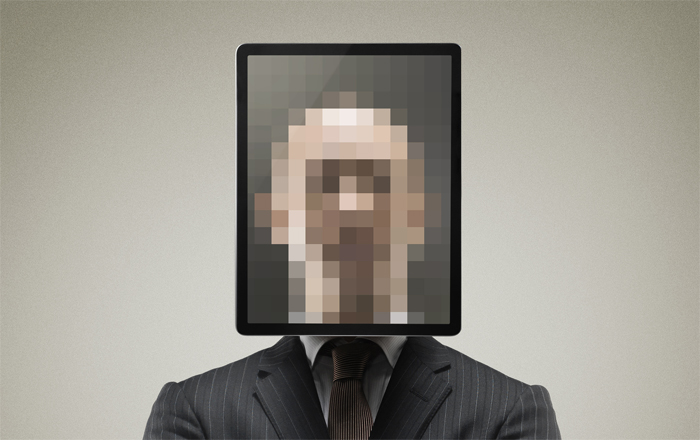 Yagi Studio / Getty Images
Yagi Studio / Getty Images An economics seminar I attended way back in the early 1980s now suddenly seems quite timely given the plight of Jews in the aftermath of Oct. 7.
The topic was how personal identity affects consumer behavior. The speaker began by asking each of the dozen attendees to write down four categories that best describe who we are. The results were fascinating: No one wrote “white,” but the two non-white participants listed “Black” and “Pakistani,” respectively; the nine men ignored gender while all three women wrote “female”; and the only ones who mentioned religion were myself and a colleague, who listed “Jews.” One take-away from the exercise was that identity is context-driven – you are more aware of differences when you are in the minority.
I wonder if during these horrible days, as we feel our minority status so acutely, whether Jews are more likely to place their Jewish identities higher on the list of what defines them.
I wonder during these horrible days, as we feel our minority status so acutely, whether Jews are more likely to place their Jewish identities higher on the list of what defines them.
Growing up, I was mystified by my father’s passionate view on the issue of his Jewish identity. He was justifiably proud of his service during WWII, and when he was in his final month of life he told me that he wanted the word “veteran” engraved on his headstone. What about the word “Jew”?, I asked. He said that the Jewish star made that clear enough.
My dad was very active in the American Legion, serving as his Post’s longtime commander, and as deputy commander for the county. While some of his army buddies joined the Jewish War Veterans, the JWV wasn’t for him. That seemed strange to me since, even as a kid, when I accompanied my dad to the Legion’s Memorial Day parades through downtown Newark and to other Legion activities, I was aware of how Christian the American Legion was. I felt so out of place listening to benedictions praising Jesus that kicked off Legion events. Perhaps everyone wasn’t actually staring at us, wondering why we were there, but I thought they were.
What was especially puzzling to me was that this was seemingly at odds with the obvious pride my dad had in his Judaism. He spent many years as a lay leader at his synagogue, he sang in the Men’s Club Choir, and was a regular participant at religious services.
I understood better when one day my father railed against those who considered themselves to be “American Jews” – Jews who happened to live in America – just as, for example, “Canadian Jews” were Jews who happened to reside in Canada. My dad was foremost an American, hence he referred to himself as a “Jewish American,” whose most abiding bond was with other Americans, regardless of their background.
This was around the time when JFK served as the first Roman Catholic president, and my father chaffed at how some observers wondered openly whether Kennedy’s principal allegiance was to the Pope, rather than to the U.S. Constitution. In spite of his heroic service during the war, they still feared that he was secretly beholden to his Catholic faith. My dad found that attack on a fellow American veteran to be an utter disgrace.
I didn’t have the heart to tell him that, Memorial Day parades notwithstanding, I have always thought of myself as an “American Jew,” someone whose faith took precedence above all else. Maybe that was due to having the Vietnam War hanging over my head before and during college, but perhaps not. Fifty years later, while I take great pride in being an American, it is my Jewishness that defines me.
Of course, I realize that feeds into the longstanding trope that Jews have no loyalty other than to their own community. But does Jewish history really suggest that national pride should dominate our Jewish identity? As an extreme case, it is heartbreaking to recall German Jews who had fought so proudly for the fatherland during WWI, only to be told a mere two decades later that they weren’t true Germans. From Spain, to Russia, to Iran, there is a good reason to worry that national identity may be all too fleeting.
So ask yourself – what defines you? Post-Oct. 7, the answer seems to matter more than ever.
Morton Schapiro is the former president of Williams College and Northwestern University. His most recent book (with Gary Saul Morson) is “Minds Wide Shut: How the New Fundamentalisms Divide Us.”























 More news and opinions than at a Shabbat dinner, right in your inbox.
More news and opinions than at a Shabbat dinner, right in your inbox.